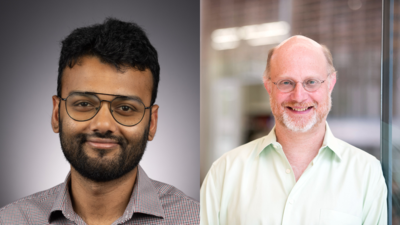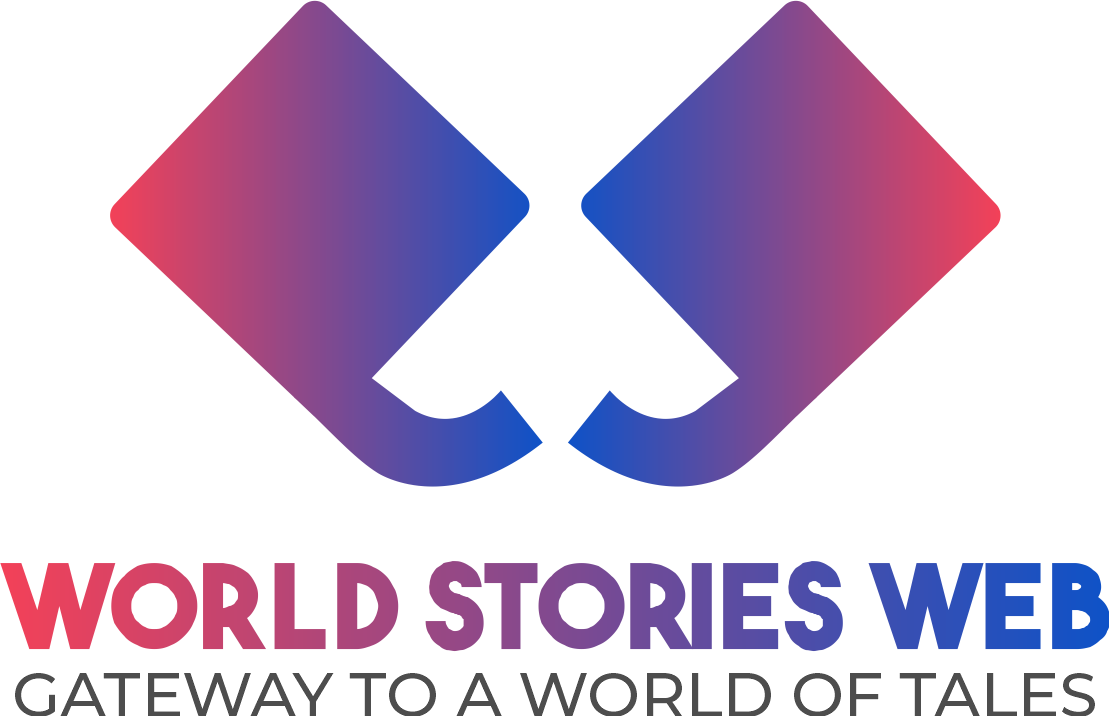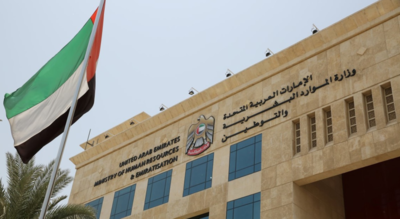
Eshan Chattopadhyay, associate professor at Cornell University and David Zuckerman, professor of computer science at The University of Texas at Austin have been awarded the 2025 Gödel Prize.The prize was awarded for their research paper, “Explicit Two-Source Extractors and Resilient Functions,” which presents a landmark solution to a central open problem in randomness extraction.Originally published in 2019, the paper introduced a novel method for constructing explicit two-source extractors—mathematical tools used to generate high-quality randomness from two weakly random sources. Eshan Chattopadhyay, an Indian-origin professor, completed his PhD at The University of Texas at Austin before joining Cornell University. His research focuses on pseudorandomness, circuit complexity, and communication complexity. In 2021, he received the National Science Foundation CAREER Award.Expressing his gratitude, Chattopadhyay said, “This recognition is truly an incredible honor. The Gödel Prize has celebrated some of the most beautiful and foundational work in our field. It feels surreal—and deeply gratifying—that our paper is being placed in that category.”David Zuckerman earned his PhD from the University of California, Berkeley. He is widely recognized for his foundational contributions to pseudorandomness and computational complexity. His impact in the field was earlier recognized with the 30-Year Test of Time Award at FOCS 2021.Zuckerman on being conferred the award said, “Previously, most research on randomness extraction focused on seeded extractors.” “Now, our work—and the works that followed—have demonstrated major advances in two-source extractors and Ramsey graphs. I hope this attracts young talent to the field,” he added.Named after the renowned logician Kurt Gödel, the Gödel Prize is jointly awarded by ACM SIGACT and the European Association for Theoretical Computer Science. It will be formally presented at the ACM Symposium on Theory of Computing (STOC) in Prague this June.







